Lower Your Cholesterol. Cholesterol management is a crucial aspect of maintaining a healthy lifestyle, especially in a fast-paced world where convenience often trumps nutrition. Breakfast, being the first meal of the day, sets the tone for your dietary habits. In this article, we’ll explore various healthy breakfast ideas that can help lower your cholesterol, ensuring you start your day right.
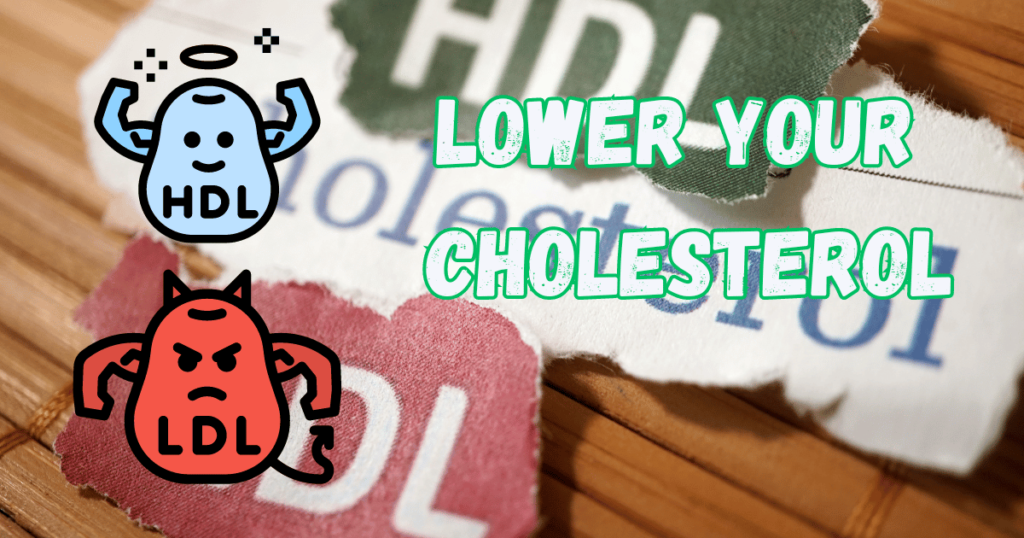
Understanding Cholesterol
Before diving into breakfast ideas, it’s essential to understand what cholesterol is and why managing it is important. Cholesterol is a waxy substance found in your blood, necessary for building healthy cells. However, high levels of cholesterol can lead to heart disease and stroke, two leading causes of death in the United States.
There are two types of cholesterol: LDL (low-density lipoprotein), often referred to as ‘bad’ cholesterol, and HDL (high-density lipoprotein), known as ‘good’ cholesterol. The goal is to lower LDL and increase HDL.
The Role of Breakfast in Cholesterol Management
A healthy breakfast can play a significant role in managing cholesterol levels. It can prevent overeating later in the day, provide essential nutrients, and help maintain a healthy weight.
Oatmeal: A Heart-Healthy Staple
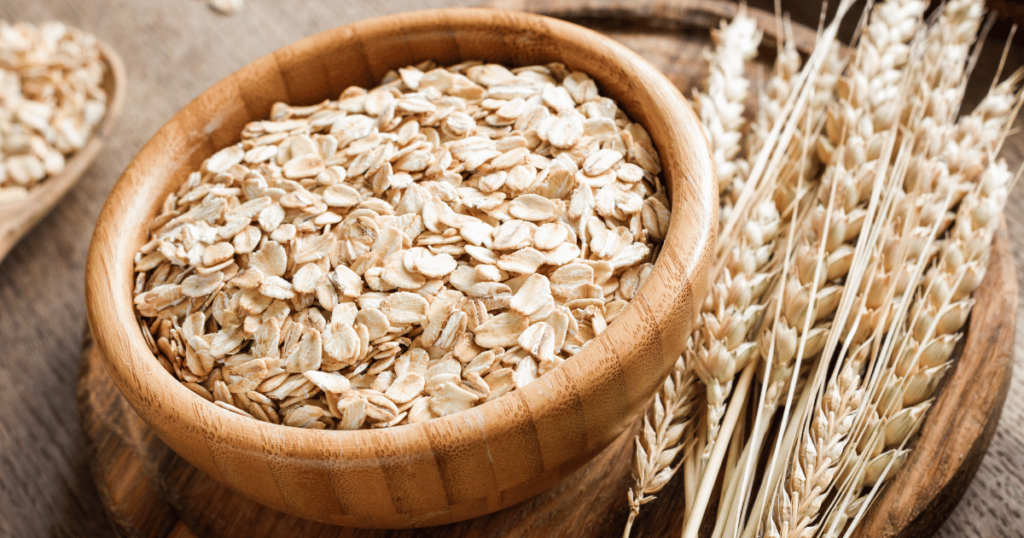
Oatmeal is a fantastic breakfast option for lowering cholesterol. Rich in soluble fiber, it helps reduce the absorption of cholesterol into your bloodstream. A bowl of oatmeal topped with fruits like berries or bananas can add flavor and additional nutrients.
Avocado Toast: A Trendy and Healthy Option

Avocado is a great source of monounsaturated fats, known to lower LDL cholesterol. Spread avocado on whole-grain toast for a breakfast that’s not only trendy but also heart-healthy. Sprinkle some chia seeds or flaxseeds for an extra fiber boost.
Smoothies: Nutrient-Packed Breakfast

Smoothies are an excellent way to combine multiple cholesterol-lowering ingredients. Use a base of almond milk or yogurt, add fruits like berries, and throw in some spinach or kale for added nutrients. Including nuts or seeds can provide healthy fats and make your smoothie more filling.
Egg Whites: Protein without the Cholesterol

Eggs are a breakfast staple, but egg yolks are high in cholesterol. Opt for egg whites or egg substitutes to get your protein fix without the added cholesterol. Combine them with vegetables like spinach, tomatoes, and bell peppers for a nutritious omelet.
Whole Grain Cereals: Fiber-Rich Start
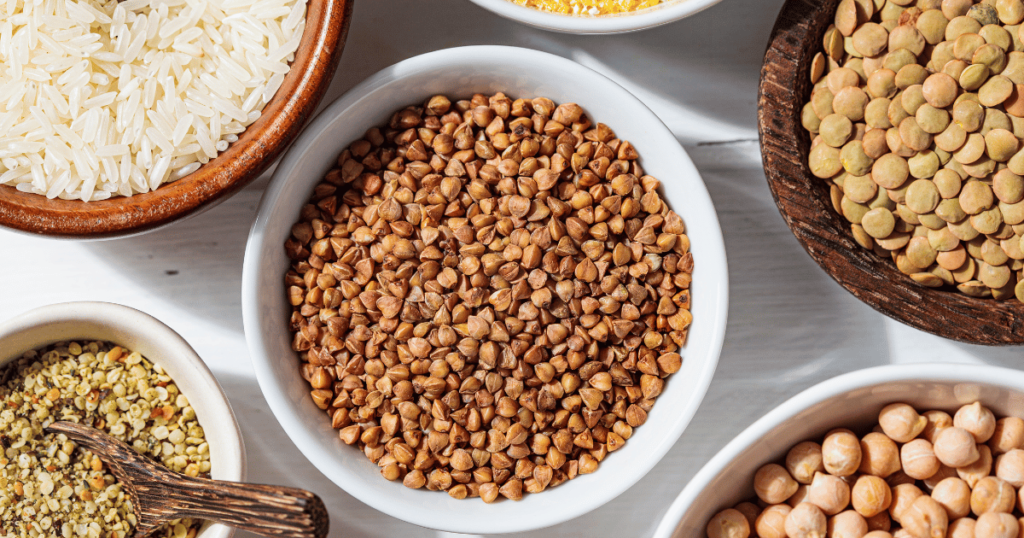
Whole grain cereals are another excellent breakfast choice. They’re high in fiber, which helps lower cholesterol. Look for cereals with minimal added sugar and high fiber content. Pair them with low-fat milk or a plant-based alternative.
Nuts and Seeds: A Crunchy Addition
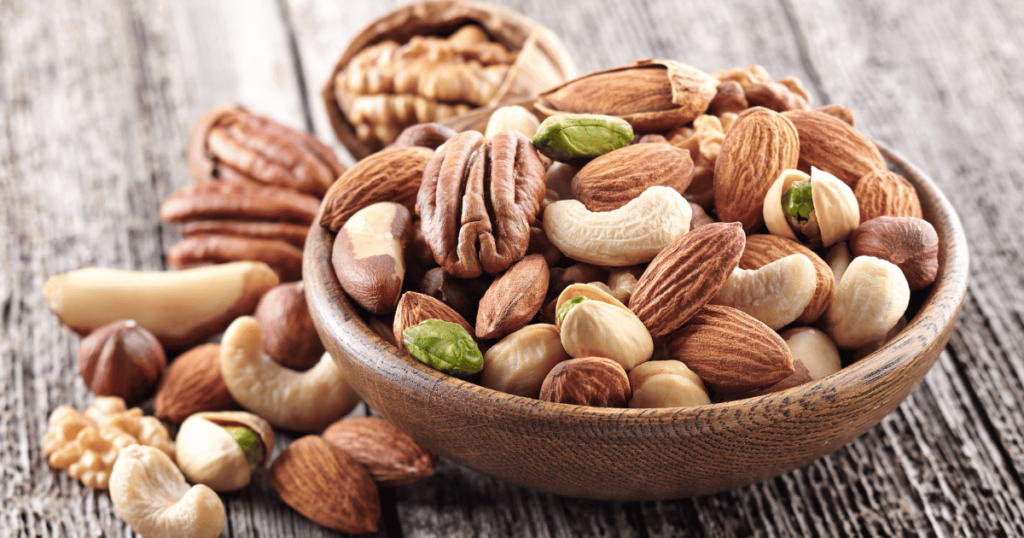
Nuts and seeds are not only great for snacking but also make a fantastic addition to your breakfast. Almonds, walnuts, and flaxseeds can be sprinkled over your oatmeal or yogurt, providing omega-3 fatty acids and fiber.
Yogurt with Fruits and Nuts
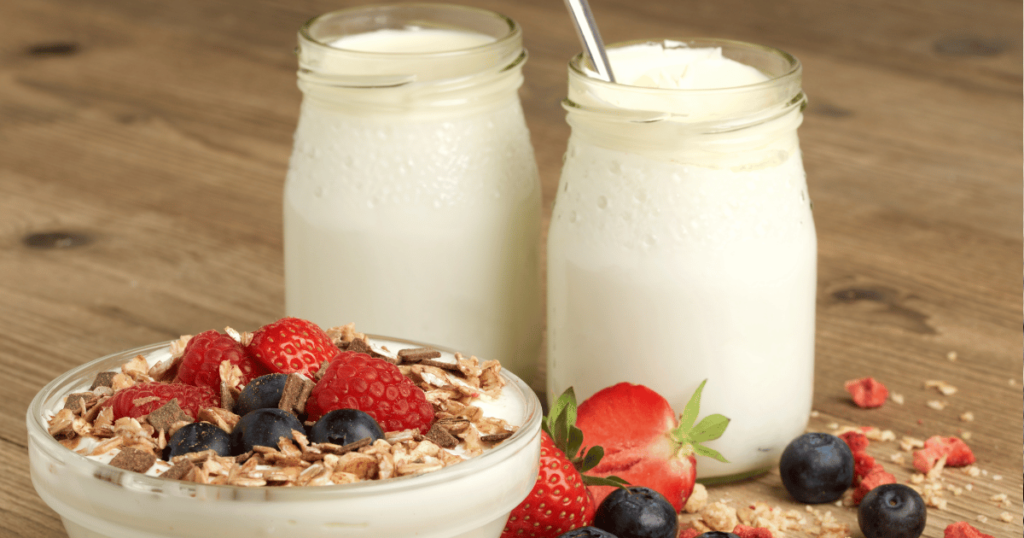
Low-fat yogurt, especially Greek yogurt, is a good source of protein and probiotics. Add fresh fruits and a handful of nuts for a delicious and heart-healthy breakfast.
Lifestyle Tips for Cholesterol Management
Managing cholesterol isn’t just about what you eat for breakfast; it’s about embracing a lifestyle that supports heart health. Here are some straightforward yet effective tips to help you keep your cholesterol levels in check:
1. Regular Physical Activity
- Make It Routine: Aim for at least 30 minutes of moderate-intensity exercise most days of the week. This could be brisk walking, cycling, swimming, or even gardening. The key is consistency.
- Every Bit Counts: If you can’t set aside 30 minutes at a stretch, break it down into shorter sessions throughout the day. Even 10-minute intervals of activity can be beneficial.
- Enjoyable Exercises: Choose activities you enjoy. You’re more likely to stick with a routine if it’s fun. Dancing, hiking, or playing a sport can make exercise feel less like a chore.
2. Healthy Eating Habits
- Balance Your Diet: Incorporate a variety of foods in your diet, focusing on fruits, vegetables, whole grains, and lean proteins. These foods are not only good for cholesterol but also for overall health.
- Cook Smart: How you prepare your food is just as important. Use healthier cooking methods like grilling, baking, steaming, or boiling instead of frying.
- Portion Control: Be mindful of portion sizes. Eating too much of even healthy foods can lead to weight gain, affecting cholesterol levels.
3. Weight Management
- Set Realistic Goals: If you’re overweight, losing even a small amount of weight can help lower cholesterol levels. Aim for a realistic and sustainable weight loss of 1-2 pounds per week.
- Track Your Progress: Keeping a food diary or using a health app can help you stay aware of your eating habits and progress.
- Seek Support: Sometimes, managing weight can be challenging. Don’t hesitate to seek support from healthcare professionals, dietitians, or support groups.
4. Avoid Smoking and Limit Alcohol
- Quit Smoking: Smoking can lower your good HDL cholesterol. Quitting smoking can improve your HDL cholesterol level and benefit your overall heart health.
- Limit Alcohol: If you drink alcohol, do so in moderation. For healthy adults, that means up to one drink a day for women and two drinks a day for men.
5. Stress Management
- Relaxation Techniques: Stress can indirectly affect cholesterol levels. Practice relaxation techniques like deep breathing, meditation, or yoga.
- Healthy Outlets: Find healthy ways to cope with stress, such as engaging in hobbies, spending time with loved ones, or exercising.
6. Regular Health Check-ups
- Monitor Your Cholesterol: Regular check-ups with your healthcare provider are crucial. They can help track your cholesterol levels and make necessary adjustments to your lifestyle or medication.
- Stay Informed: Keep yourself informed about your health. Understanding your numbers and what they mean can empower you to make healthier choices.
Lower Your Cholesterol
Conclusion
Starting your day with a cholesterol-lowering breakfast is a step in the right direction for heart health. By incorporating these ideas into your morning routine, you can enjoy delicious meals while managing your cholesterol levels. Remember, a healthy breakfast is just one part of a broader lifestyle approach to maintaining good health. Regular check-ups with your healthcare provider are also crucial in monitoring and managing cholesterol levels effectively.


